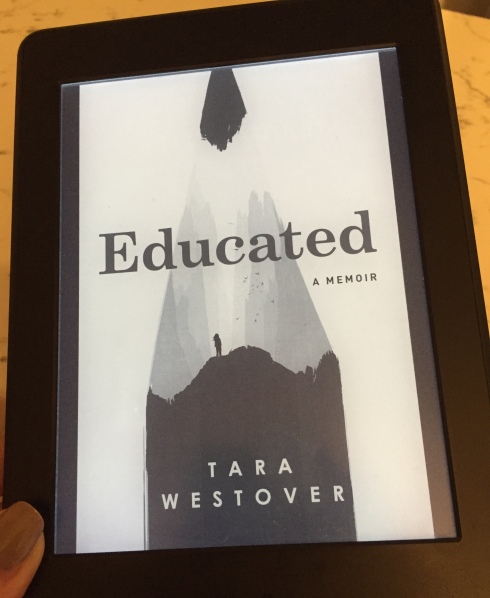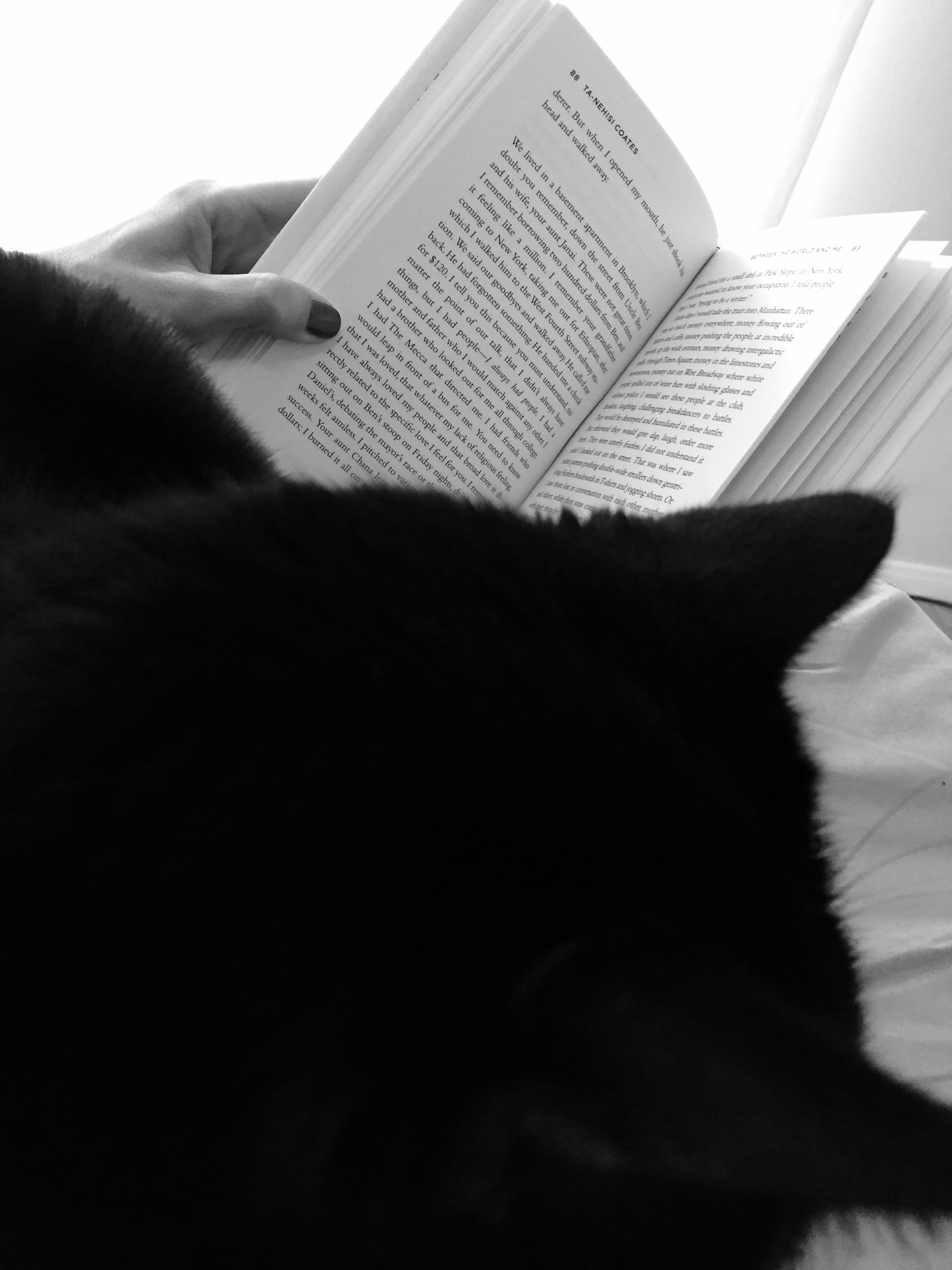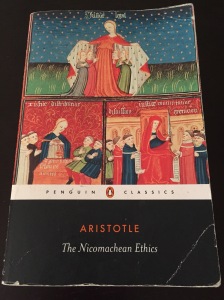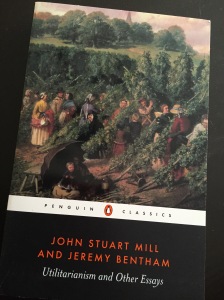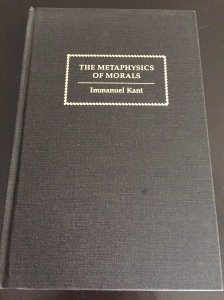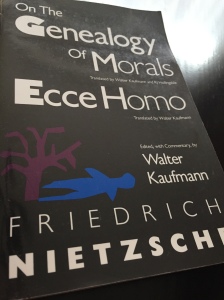Observe in what an original world we are living: how many men can you find in Europe who have never killed; or whom somebody does not wish to kill?
But still we continue to long for a world in which there is love between men, peace, and serene deliverance from our baser instincts. This, I suppose, is the nature of youth.
P.S. And yet, first of all, I should like to slaughter one or two men, just to throw off the concentration camp mentality, the effects of continual subservience, the effects of helplessly watching others being beaten and murdered, the effects of all this horror. I suspect, though, that I will be marked for life. I do not know whether we shall survive, but I like to think that one day we shall have the courage to tell the world the whole truth and call it by its proper name.
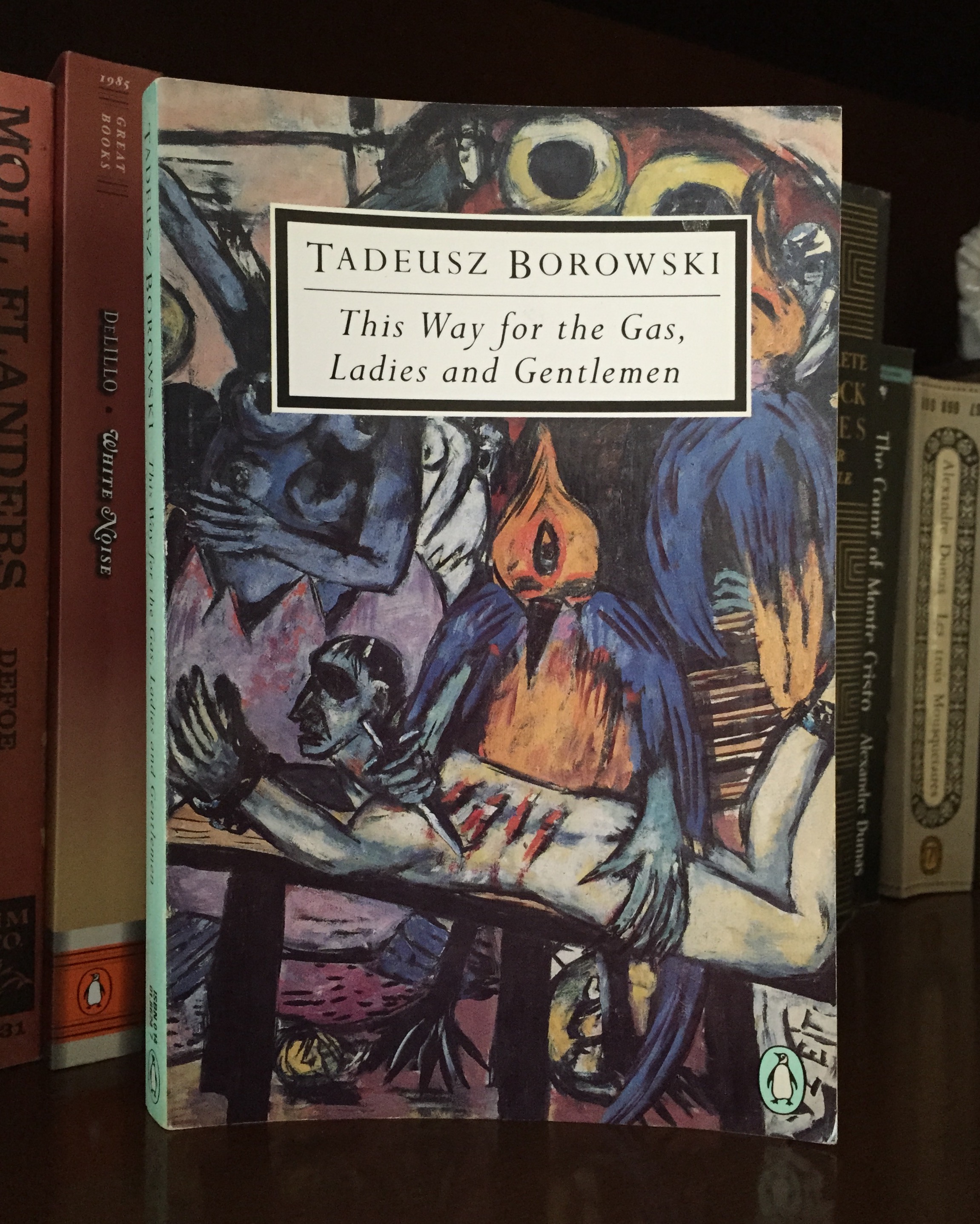
You know how much I used to like Plato. Today I realized he lied. For the things of this world are not a reflection of the ideal, but a product of human sweat, blood and hard labour. It is we who built the pyramids, hewed the marble for the temples and the rocks for the imperial roads, we who pulled the oars in the galleys and dragged wooden ploughs, while they wrote dialogues and dramas, rationalized their intrigues by appeals in the name of the Fatherland, made wars over boundaries and democracies. We were filthy and died real deaths. They were ‘aesthetic’ and carried on subtle debates.
There can be no beauty if it is paid for by human injustice, nor truth that passes over injustice in silence, nor moral virtue that condones it.
